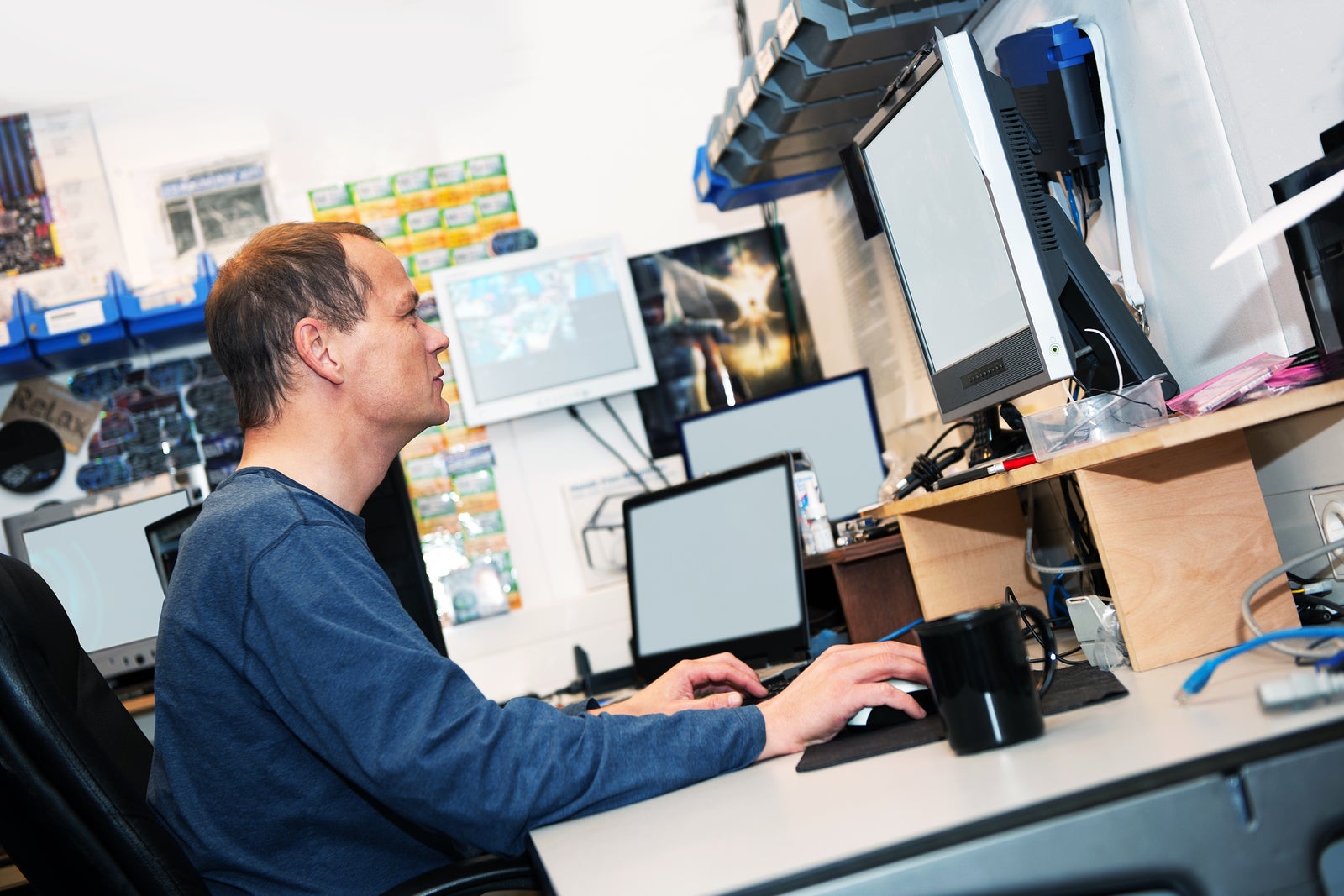
According to a study conducted by Clark School, hackers attack every 39 seconds (or about 2,244 times a day). Easy access to cheap tools and malware make it easy for them to get the job done.
There is plenty of information online that can help a person get their hands on malware, such as viruses and spyware in the form of programs or files that people can obliviously download to their device. Hacking seems to be becoming easier day by day, and according to Varonis, about 56 percent of Americans have no idea how to respond to a cyber attack.
A hacker can lock your computer up and demand a ransom so that they can give back your data. However, it isn’t always this easy because, in the digital world, it can be challenging to catch a hacker.
Here are seven signs of a hacker and what you can do about it:
1. You Find New Browser Toolbars
There are certain times when you might find duplicate browsers in your toolbar. A typical example is the duplicate Google Chromes that you might find. These don’t need to be viruses, but many unreliable vendors create open-source software that becomes vulnerable to adware and viruses.
What to do about it: Make sure to remove any toolbars that you didn’t install. If you aren’t able to do this, go to your current browser and look for the option to reset it to the default setting.
2. Your Account Passwords Don’t Work
You’ve tried once, and you’re grasping at straws after trying for the tenth time, yet your password doesn’t seem to work. This is a clear sign that someone has access to your account and you don’t.
What to do about it: You will need to reset your password as soon as possible. It is better to reset it through a double authentication, such as through a code received on your email or mobile phone.
3. Mysterious Pop-Ups Have Become Frequent
As annoying as this is, this sign is a popular hacking technique. You might be getting random advertisements and pop-ups from websites that never sent them before.
What to do about it: You will need to find and remove any fake browsers or programs that you never installed. Your security software will do a better job of finding the malware and removing it.
4. There Are New Software Installations on Your PC
This is one of the most prominent signs that your device is compromised. Although, with how advanced technology it has become, it might be difficult to find fake software because many of them seem like authentic programs.
What to do about it: Always read license agreements and uncheck the box to prevent installing other programs that you don’t need. To find the fake programs, you will need to find the programs that begin running as soon as you switch on your PC. Once you find the program, you can delete it.
5. You Notice Performance Differences
Some of the clearest signs reported include a sudden drop in battery life, slow or laggy performance, and of course, when your mouse seems to have a life of its own as it moves around the screen.
What to do about it: The only thing you can do is make sure your security software is up-to-date. If your mouse seems to be moving on its own, you will need to disconnect from your internet immediately. If nothing seems to be working for you and your resources continue to deplete, you should visit the nearest computer repair shop.
6. ‘Anti-Malware Is Disabled’
If you haven’t disabled your anti-malware or antivirus software and it says that you have, here’s a sign that your device has been compromised.
What to do about it: The best thing you can do is start a restore session back to the point before this happened. If you want to try something different, you can try to find malicious software and remove it.
7. Your Webcam Is Running When Not In Use
Many people have claimed that their webcam was hacked and personal videos were recorded through it. It isn’t uncommon for hackers to get ahold of webcams and misuse them.
What to do about it: Keep your anti-malware software current and update your webcam firmware or drivers to prevent security breaches. Alternatively, you can also try applying a piece of sticky tape over your webcam when you’re not using it.
Prevent The Attack Before It Happens
Keeping your security software up-to-date is the best way to prevent a cyberattack. However, even if you do get hacked, you will need to act quickly to prevent the issue from escalating. You will also need to be more aware and protected for any future threats.
4091 Views












